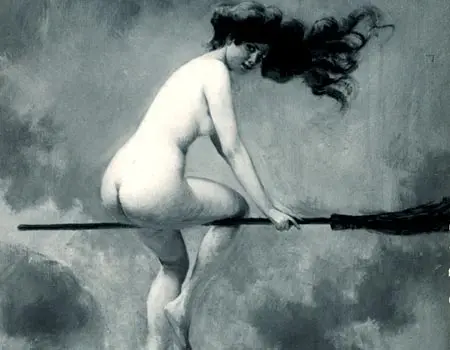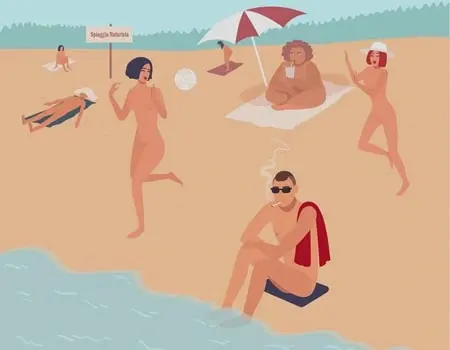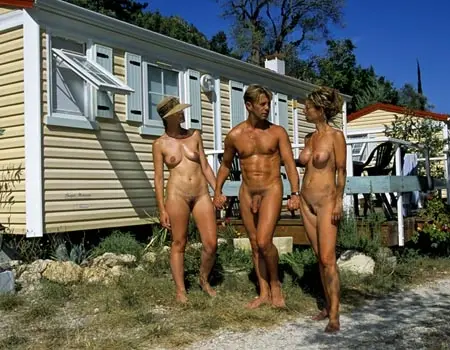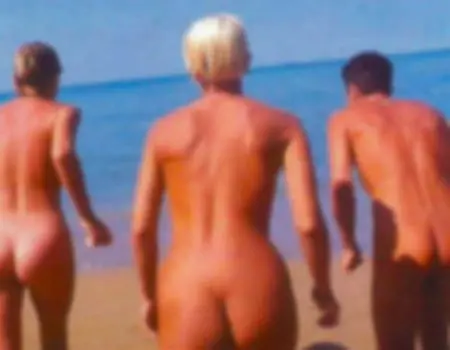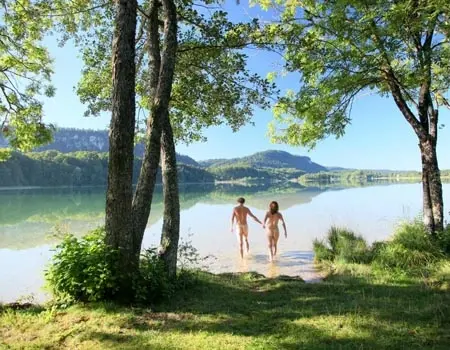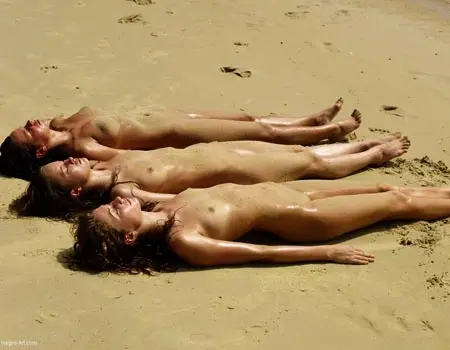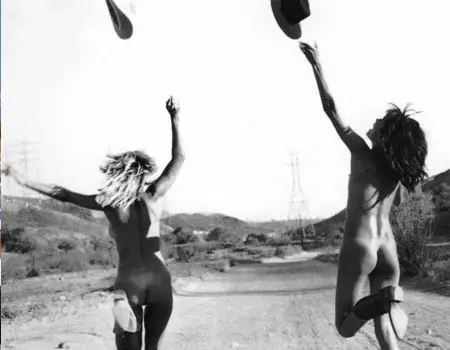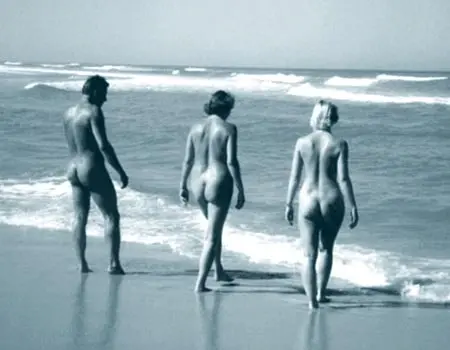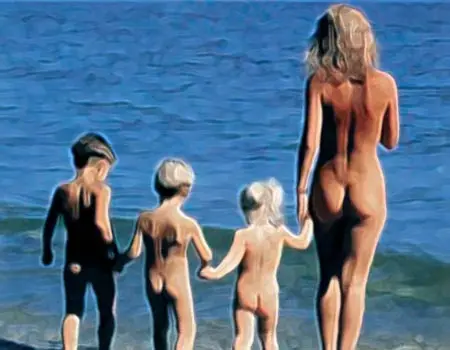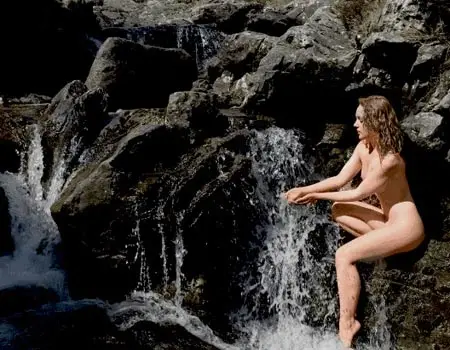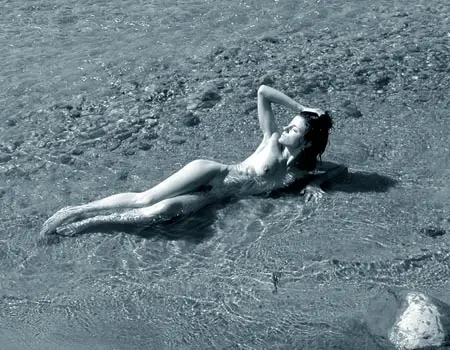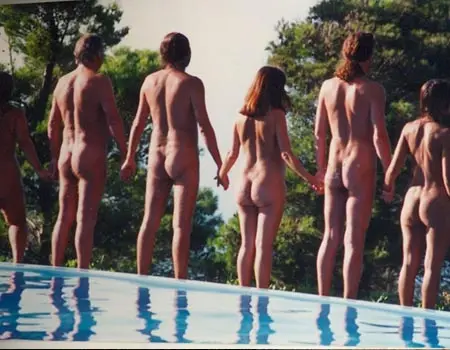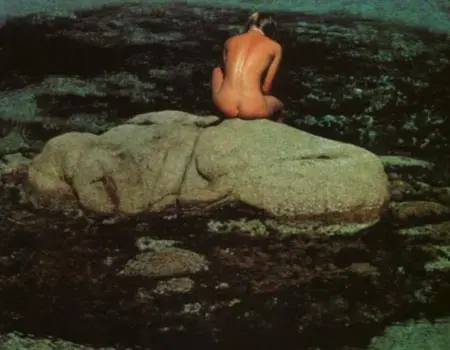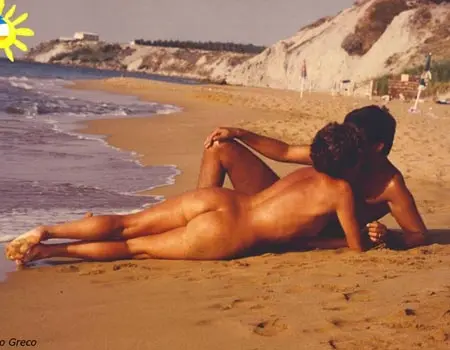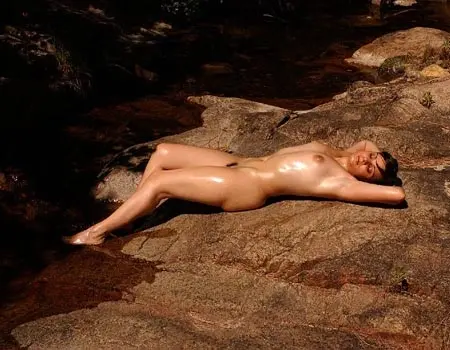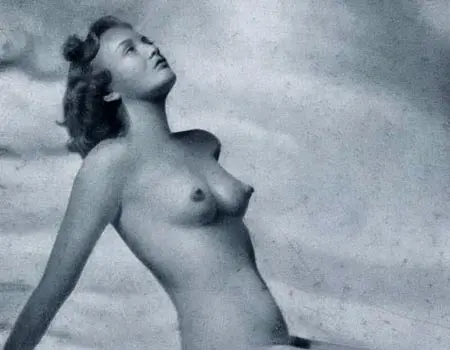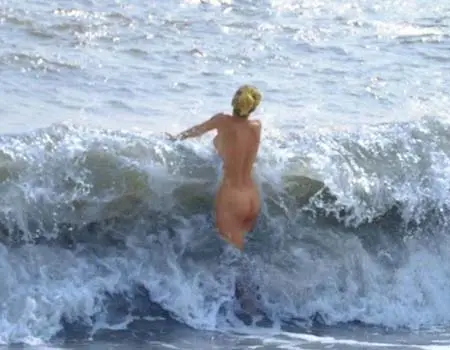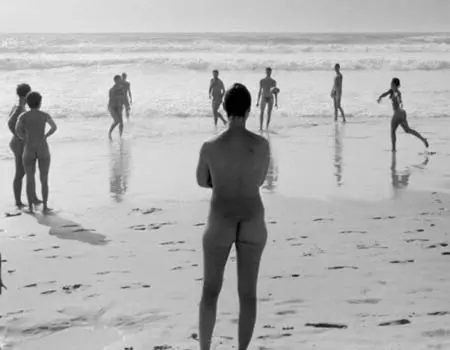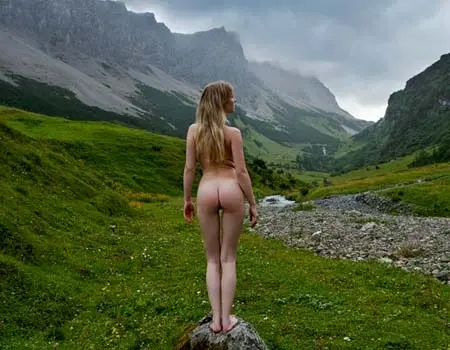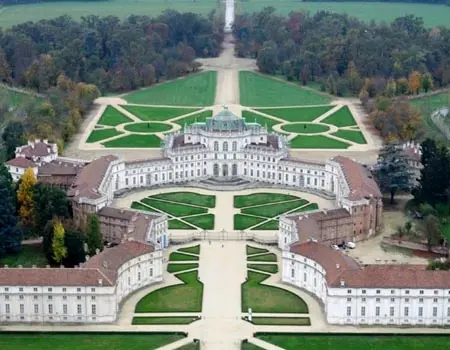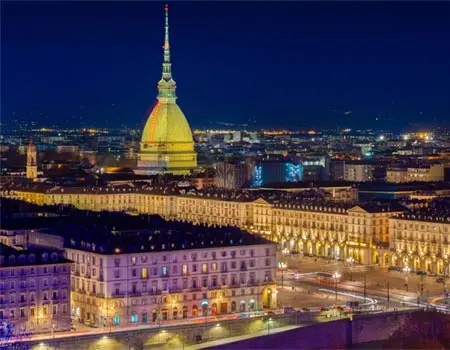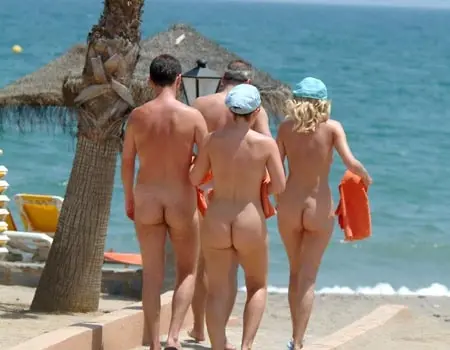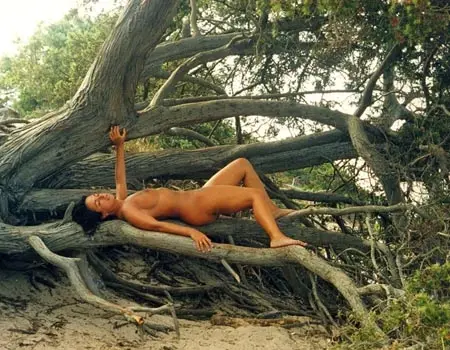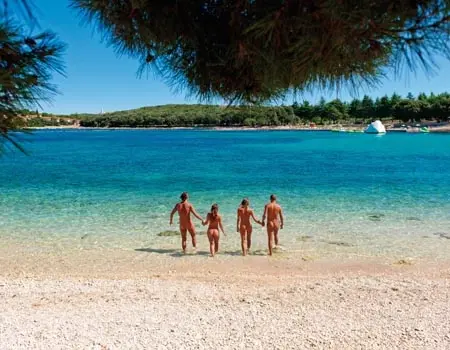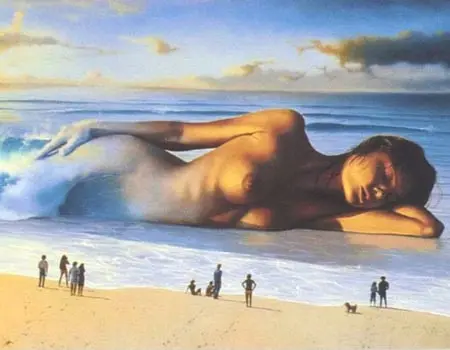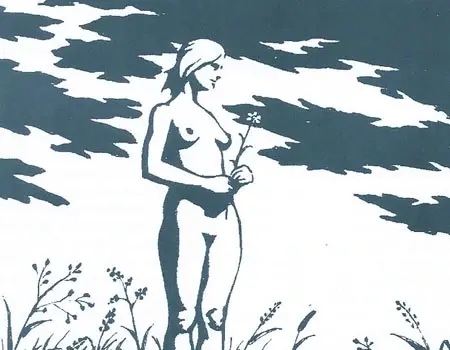Tabù - La nudità
Some time ago we saw a TV documentary titled "Taboo - Nudity."
Apart from some gibberish and inconsistencies in the program, and things that have nothing to do with nudity, we must say we were impressed by some aspects of the kind of nudism practiced in the United States. Americans, as everyone knows, are very pragmatic and consequently end up oversimplifying issues.
Apart from some gibberish and inconsistencies in the program, and things that have nothing to do with nudity, we must say we were impressed by some aspects of the kind of nudism practiced in the United States. Americans, as everyone knows, are very pragmatic and consequently end up oversimplifying issues.
They do it for everything, and they do with naturism. They simply refer to naturism as nudism (which is what they want it to mean) while ignoring that this term was abandoned by Europeans not only for reasons of expediency, but for all the implications of the term, i.e. anthropological, philosophical, ethical, social, etc. in the broadest sense.
Nevertheless, we were impressed by some aspects of American nudism and the religious aspect that distinguishes certain groups of nudists in the great mosaic of the myriad American States. Similarly we were impressed by some aspects of Australian nudism when combined with esoteric cults, such as witchcraft, which almost seem like a naturist heresy.
In the introduction to the documentary, however, it was stated right from the start that in Western society the human body in its natural state, i.e. naked, is a controversial topic.
Then it added that for some people, removing their clothes is an act of liberation, an innocent return to nature. While for others, to show their naked body in public would be unthinkable, considering such an act simply indecent. For still others, not only would it be indecent, but even outrageous. All of this is right: we would also like to note that, according to the naturist philosophy, removing one’s clothes also means recovering one’s identity.
The documentary went on to say that there are people, however, who go beyond merely embracing their nakedness. On the contrary, they go so far as to consider it a cult, as in Australia and England. Yet in the eyes of those do not really know our philosophy, it might seem that nudity is a "cult". But we would like to clarify and reiterate that nudity is the basic principle of naturism, without which it would be pointless.
Considering nakedness a "cult", the documentary went on to say, means recovering ancient pagan rituals that are celebrated in the nude, so there is nothing standing between the devotee and the universe the individual connects to the universal energy.
We have nothing to detract from the fact that people get naked to connect with universal energy - if that is possible - and that in order to do it they dust off a few innocent pagan rituals, though we dare not think of the bloody rituals that have fortunately remained in the remote past. We only reject that witchcraft should be a part of it because it has nothing to do with naturist nudism.
The documentary then lamented the fact that the people in Australia and England who have revived ancient pagan rituals and witchcraft are not considered ordinary people. On this point we take exception only to the fact that, while it is true that such people should not be considered normal, it is not because they practice pagan rituals naked, but simply because they believe in witchcraft, and we dare not think they still believe witches can fly on brooms.
Paganism is one of the oldest religions, yet it is the most misunderstood. It seeks order and balance, as explained in the documentary: instead of a supreme God, pagans worship nature and archaic divinities: everything comes from nature and to nature it must return.
We have no objections about the concepts of these neo-pagans regarding nature. We only opine that to seek "order, balance, and harmony" all you need is the naturist philosophy and not excuses made up to justify certain behaviors. Sociology says that this new essentially pagan form of worship with an Anglo-Saxon matrix, a kind of "naturist" religion, which celebrates the forces of nature in a state of nudity, has been spreading in the shadows of a society victimized by the prejudice and taboo against nudeness.
Nevertheless, we were impressed by some aspects of American nudism and the religious aspect that distinguishes certain groups of nudists in the great mosaic of the myriad American States. Similarly we were impressed by some aspects of Australian nudism when combined with esoteric cults, such as witchcraft, which almost seem like a naturist heresy.
In the introduction to the documentary, however, it was stated right from the start that in Western society the human body in its natural state, i.e. naked, is a controversial topic.
Then it added that for some people, removing their clothes is an act of liberation, an innocent return to nature. While for others, to show their naked body in public would be unthinkable, considering such an act simply indecent. For still others, not only would it be indecent, but even outrageous. All of this is right: we would also like to note that, according to the naturist philosophy, removing one’s clothes also means recovering one’s identity.
The documentary went on to say that there are people, however, who go beyond merely embracing their nakedness. On the contrary, they go so far as to consider it a cult, as in Australia and England. Yet in the eyes of those do not really know our philosophy, it might seem that nudity is a "cult". But we would like to clarify and reiterate that nudity is the basic principle of naturism, without which it would be pointless.
Considering nakedness a "cult", the documentary went on to say, means recovering ancient pagan rituals that are celebrated in the nude, so there is nothing standing between the devotee and the universe the individual connects to the universal energy.
We have nothing to detract from the fact that people get naked to connect with universal energy - if that is possible - and that in order to do it they dust off a few innocent pagan rituals, though we dare not think of the bloody rituals that have fortunately remained in the remote past. We only reject that witchcraft should be a part of it because it has nothing to do with naturist nudism.
The documentary then lamented the fact that the people in Australia and England who have revived ancient pagan rituals and witchcraft are not considered ordinary people. On this point we take exception only to the fact that, while it is true that such people should not be considered normal, it is not because they practice pagan rituals naked, but simply because they believe in witchcraft, and we dare not think they still believe witches can fly on brooms.
Paganism is one of the oldest religions, yet it is the most misunderstood. It seeks order and balance, as explained in the documentary: instead of a supreme God, pagans worship nature and archaic divinities: everything comes from nature and to nature it must return.
We have no objections about the concepts of these neo-pagans regarding nature. We only opine that to seek "order, balance, and harmony" all you need is the naturist philosophy and not excuses made up to justify certain behaviors. Sociology says that this new essentially pagan form of worship with an Anglo-Saxon matrix, a kind of "naturist" religion, which celebrates the forces of nature in a state of nudity, has been spreading in the shadows of a society victimized by the prejudice and taboo against nudeness.



